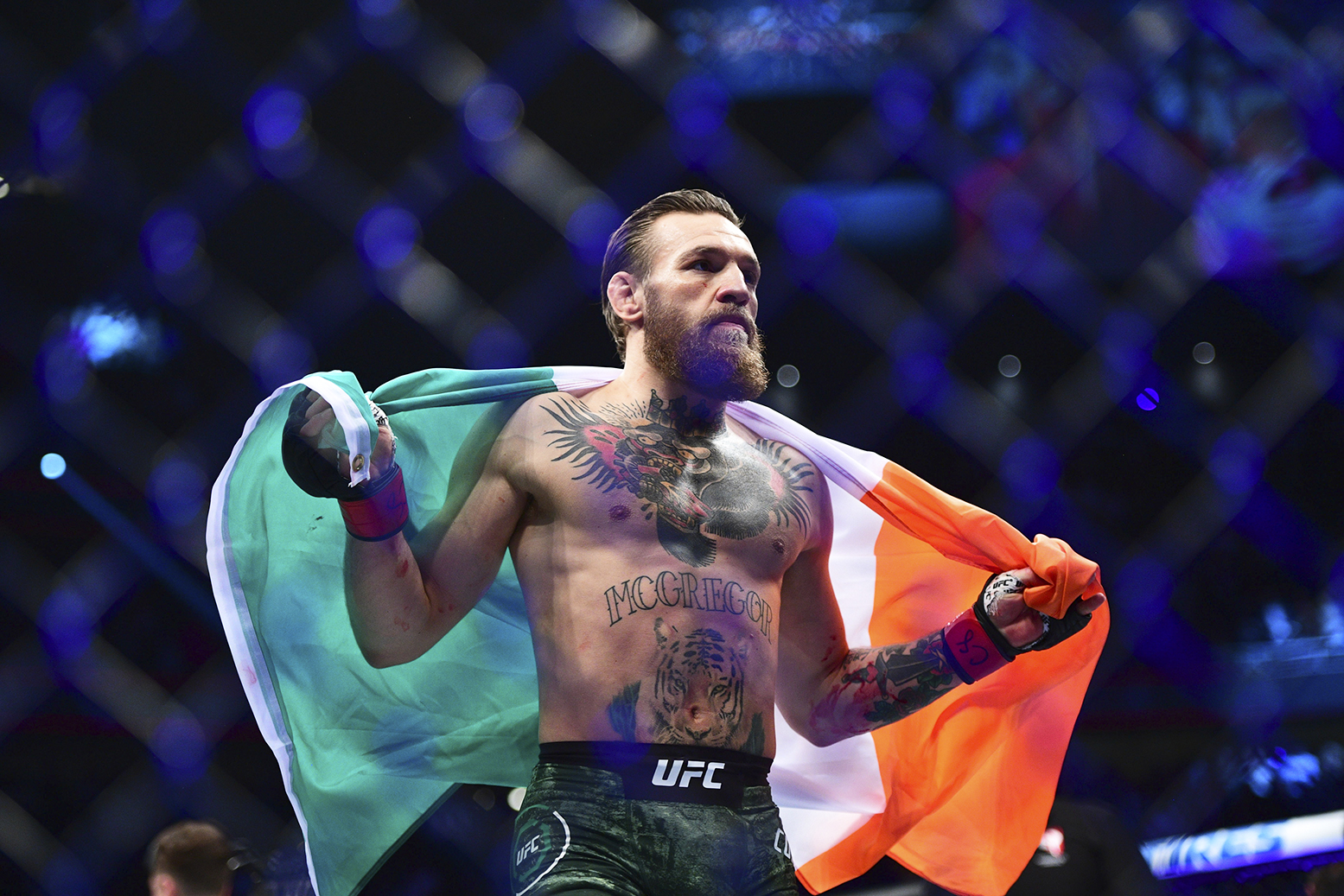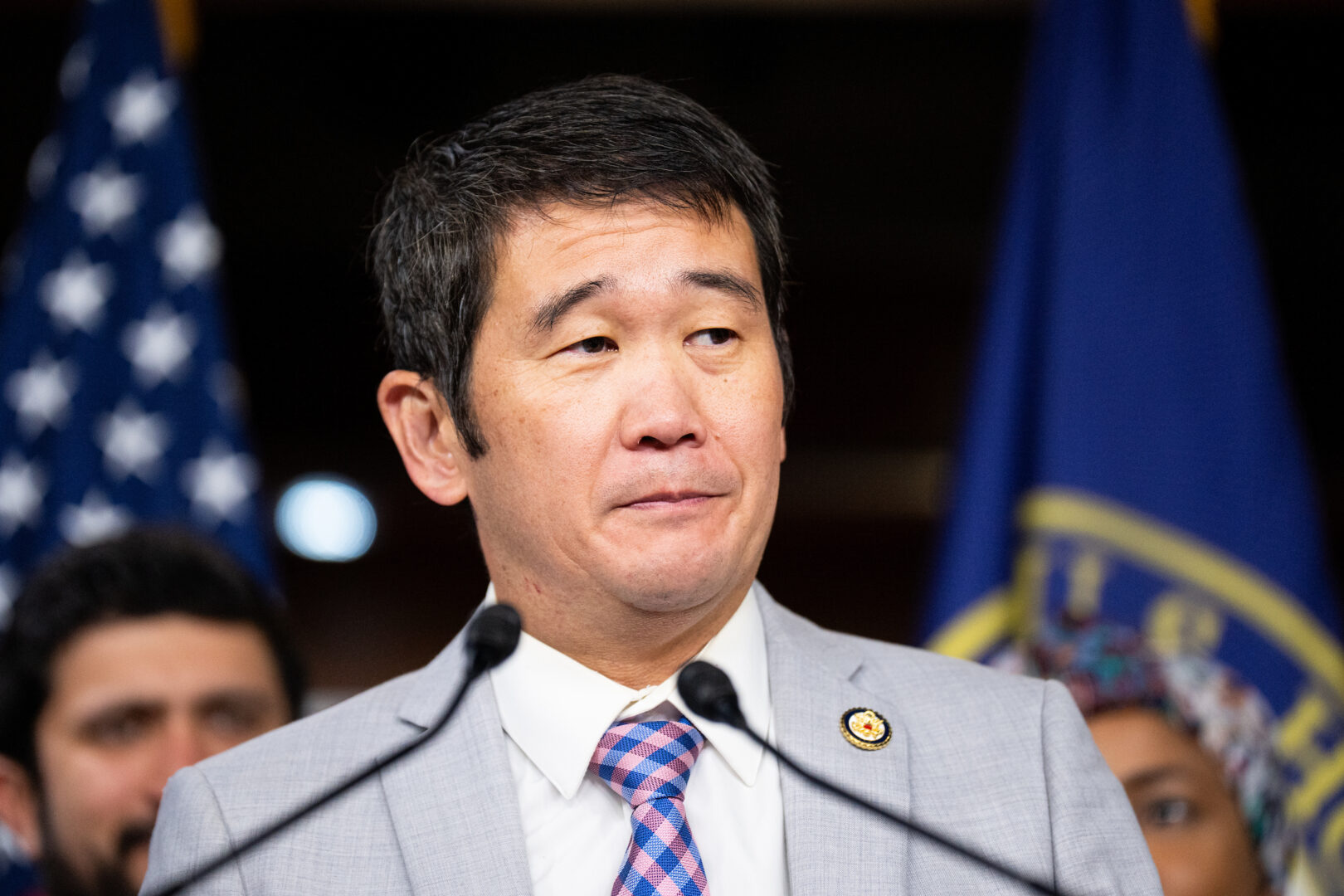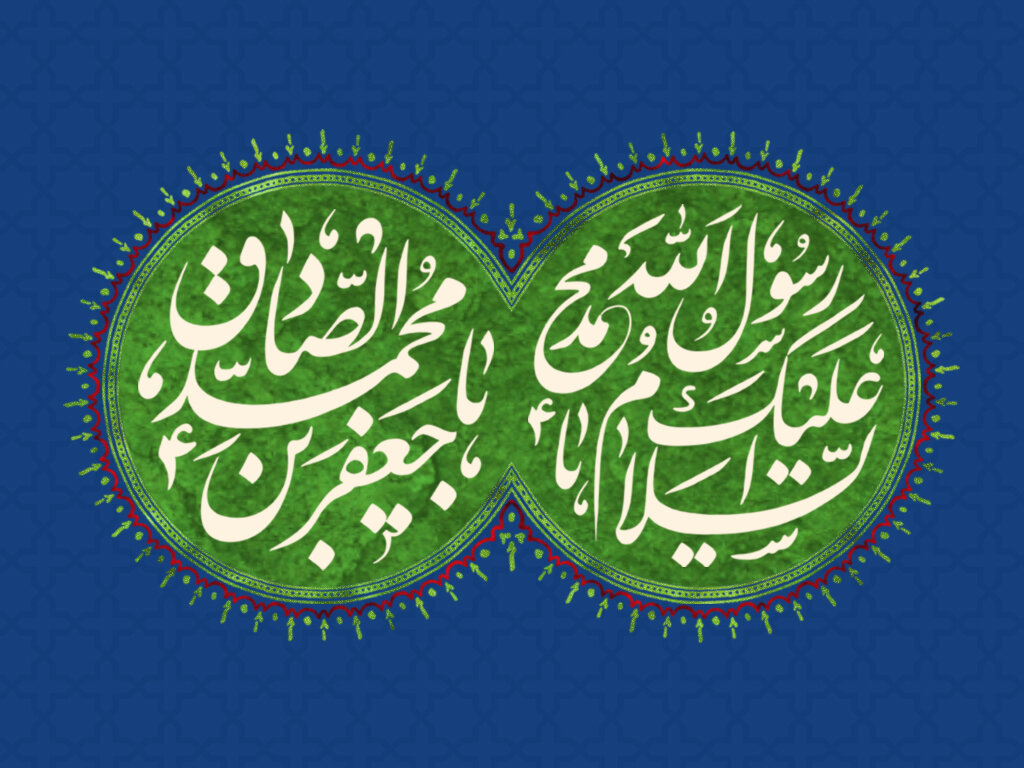By Faye Curran
Copyright newstatesman

Like a discount candle from Poundland, Conor McGregor’s Irish presidential campaign burned quickly but left a fetid scent behind. Yesterday morning, 15 September, the MMA fighter who was found liable for rape tapped out early, in his usual fashion. It was “the straitjacket of an outdated Constitution” that got him in the end, he claimed.
Not quite. McGregor failed even to reach the ballot card after very few members of the Irish parliament, and no local authority, endorsed him – a constitutional requirement for all candidates. He had not put himself forward to speak at the first councils, as all other legitimate candidates had, and he withdrew before he had to present his case in a forum where he would quite easily have been interrogated by Dublin City Council.
Still, the stink lingers. McGregor managed to achieve a lot in his short time running for president in Ireland. This was evidenced in the study released by the European Digital Media Observatory Ireland yesterday, which examined 127 posts from his X account between January and September 2025 – the period in which McGregor was trumpeting about his bid for Áras an Uachtaráin. In this short, noisome window, he managed to gain 108 million views on his posts – 58 per cent of which contained false claims about the Irish presidency, Constitution, or history. A further 28 per cent included ethnonationalist rhetoric, while others attacked government figures as “traitors” or enemies of the people. At least six of his posts implied political violence, targeting migrants and public officials.
His campaign, however, reached beyond Ireland. He even gained support from some of the most powerful figures in international politics. In March 2025, Donald Trump welcomed McGregor to the White House as a guest of honour on Ireland’s most sacred national holiday, St Patrick’s Day. Quite notably too, McGregor pre-empted his withdrawal, telling Tucker Carlson in an interview in April that if he were not on the ballot, “it will become more evident… that we are not a democratic country”. That interview has since amassed over 1.8 million views on YouTube alone. On the day McGregor formally declared his candidacy, 4 September, Elon Musk followed him on X. Days later, Musk accused the Tánaiste, Simon Harris, of “tyrannically blocking the will of the people of Ireland” by allegedly thwarting McGregor’s candidacy.
But anyone who has followed this campaign can see that this was the intention all along. In his launch video, delivered in a newly affected American twang, McGregor read stiffly from a cue card positioned just off-camera, invoking Ireland’s “founding fathers” and declaring that he spoke “in the name of God”. The performance concluded with the Trinitarian formula, as he traced the sign of the cross: “In the name of the Father, the Son, and the Holy Spirit. Amen.”
He had done his Trumpian homework. Like many recently disgraced political hopefuls, McGregor has lately turned to God – though not the modest, private, Irish Catholic one. He now kneels at the altar of a God in a red Maga hat, one who treats Christianity like an all-you-can-eat buffet, picking over the juiciest, most indulgent morsels to sanctify the darker appetites of his ambition.
McGregor has fully assumed the persona of a fiftieth-generation Irish-American, styling himself in his resignation letter as no ordinary Irishman would – a “very passionate Gael”. He claimed to have conducted a whistle-stop tour “across the length and breadth of our great island” during the 11 days of his official campaign, in search of the “forgotten Irish who feel abandoned and ignored by Establishment woke politics”. (The brevity of that tour suggests he struggled to find very many.) Five sentences in, and he had already diverted his attention to his recent New York trip, where he wanted everyone listening to know, he had “rightfully commemorated the tragic terror attacks on 9/11”.
Unsurprisingly, he now plans to remain in America, neglecting to mention that this is largely because he is loathed across Ireland’s political spectrum. He is regarded as a sexually violent racist, a Zionist (an almost unforgivable stance in Ireland across party lines), a nationalist populist, a reckless driver, and the sort of man who sucker-punches an old fellow in a pub for refusing a glass of whiskey. And if all that were not enough, few have forgotten his swift capitulation in the 2018 fight against Khabib Nurmagomedov.
But as McGregor charts his American future – at least for the seven years that would have been consumed by an Irish presidential term – under the searing glare of the Maga sun, he leaves a gaping hole in Irish politics. It is a vacancy less defined by what McGregor brought than by what he revealed: a taste for grievance, spectacle and rage that someone else will be quick to exploit. As much as Ireland’s Socialists may disdain to admit it, the presence of the extreme right-wing (ERW) is on the rise. Its most prominent manifestation may be online, but street protests and anti-immigrant violence show no signs of abating. Since November 2022, there have been 19 notable protest events, spanning Dublin, Cork, Galway, and smaller towns such as Kill, Fermoy and Rosslare Harbour.
This summer in west Dublin, a group of teenagers accosted, beat, and partially stripped an Indian man, who was then filmed staggering and bleeding. Days later, a gang attacked another Indian man in the nearby suburb of Clondalkin, striking him across the face, chest, back, and legs, leaving him with a fracture, gashes, and multiple bruises. Shortly afterward, two male passengers assaulted an Indian taxi driver in the north Dublin suburb of Ballymun, hitting him in the face with a bottle while shouting, “Go back to your country.” In yet another incident, boys in a County Waterford housing estate allegedly punched a six-year-old girl in the face, struck her genital area with a bicycle, and taunted her: “Go back to India.”
And if politics in the UK, France, Switzerland, Italy and Finland can teach us anything, it is that all these movements need is a single electable figure for this kind of rhetoric to reach the highest levels of office. While Ireland is currently an anomaly in Western Europe, with no far-right – or even hard-right – representation, all it would take is someone with a slightly cleaner rap sheet than McGregor for incensed voters to throw their support behind them. Despite our history, we are by no means immune, no matter how much we may wish we were.
This presidential election is unlikely to present that opportunity – all three candidates have long, well-respected political careers, representing the left, the centre-right, and the slightly more right-of-centre. But if Reform UK is anything to go by, rallying the support of the “forgotten” voter “who feels abandoned and ignored by Establishment woke politics” may not be particularly difficult. And so, the question now is not what becomes of McGregor, but what fills the space he so briefly occupied.
[See also: Tommy Robinson’s day of rage]



